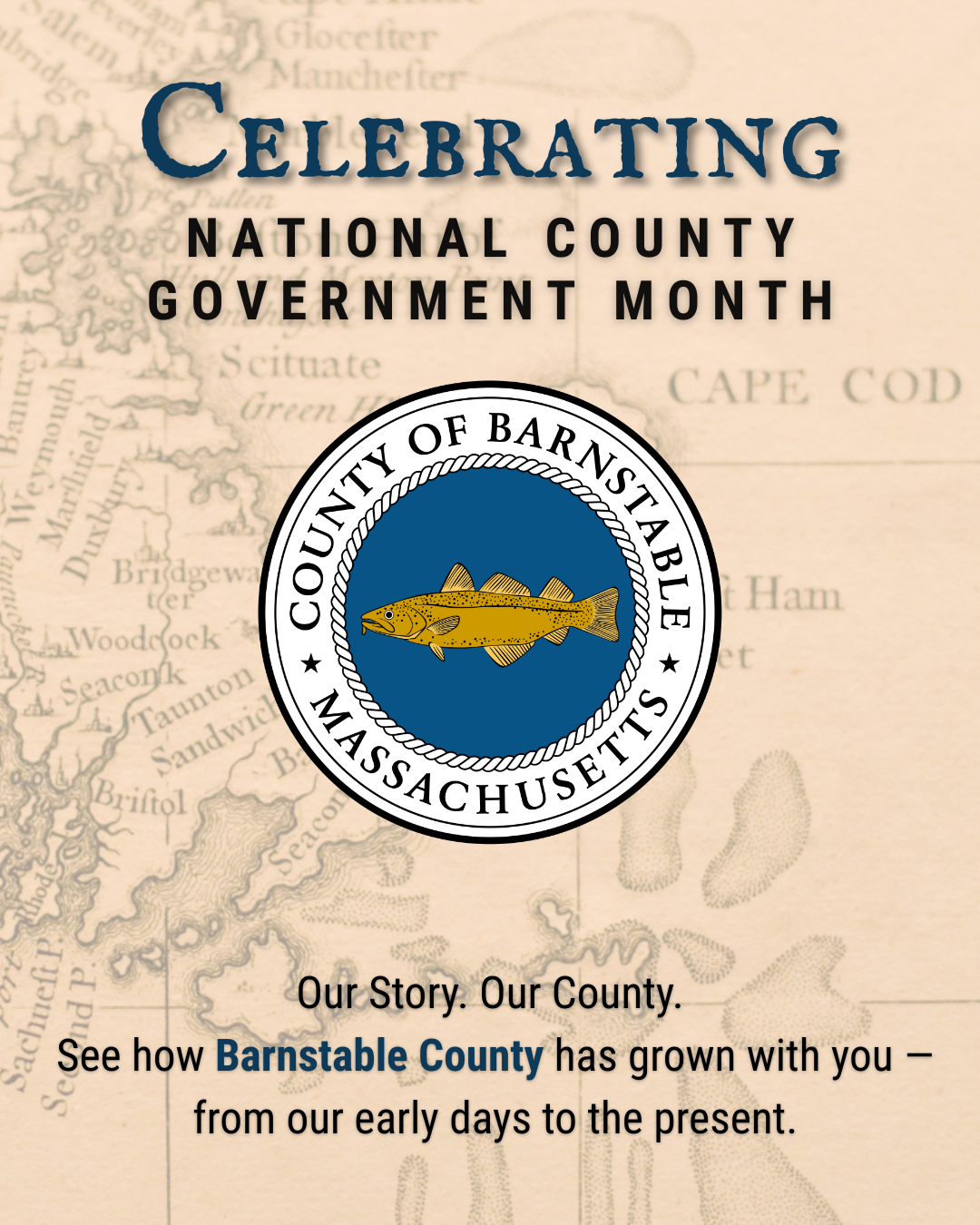
TickSpotters: Know Your Ticks, Know Your Risk
It’s officially spring and with temperatures creeping above 40 degrees, ticks are active Cape Cod. Here’s a great resource to help keep you and your family safe from tick bites and the tick-borne diseases they transmit.

University of Rhode Island’s TickSpotters program provides users with accurate, timely tick identification information, as well as science-based risk assessments tailored to their tick. Submit your own tick photo and get a free tick ID by a tick expert along with guidance on best next actions to lessen your risk of future tick bites and tickborne disease.
Why it is important to accurately identify my tick?
Different species of ticks transmit different disease germs. Knowing the type of tick, the likely tick infection rate in the region, and how long the tick was attached and feeding are all critical details for making tick bite management decisions; like whether to have your tick tested or seek disease-preventive treatment.
How is my tick data used?
We connect with people and their pets across North America who have encountered ticks. Everyday people become citizen-scientists by submitting photos of ticks and important encounter details. This essential data is gathered via our crowd-sourced tick survey tool and helps us monitor tick population trends and tickborne disease risk.




